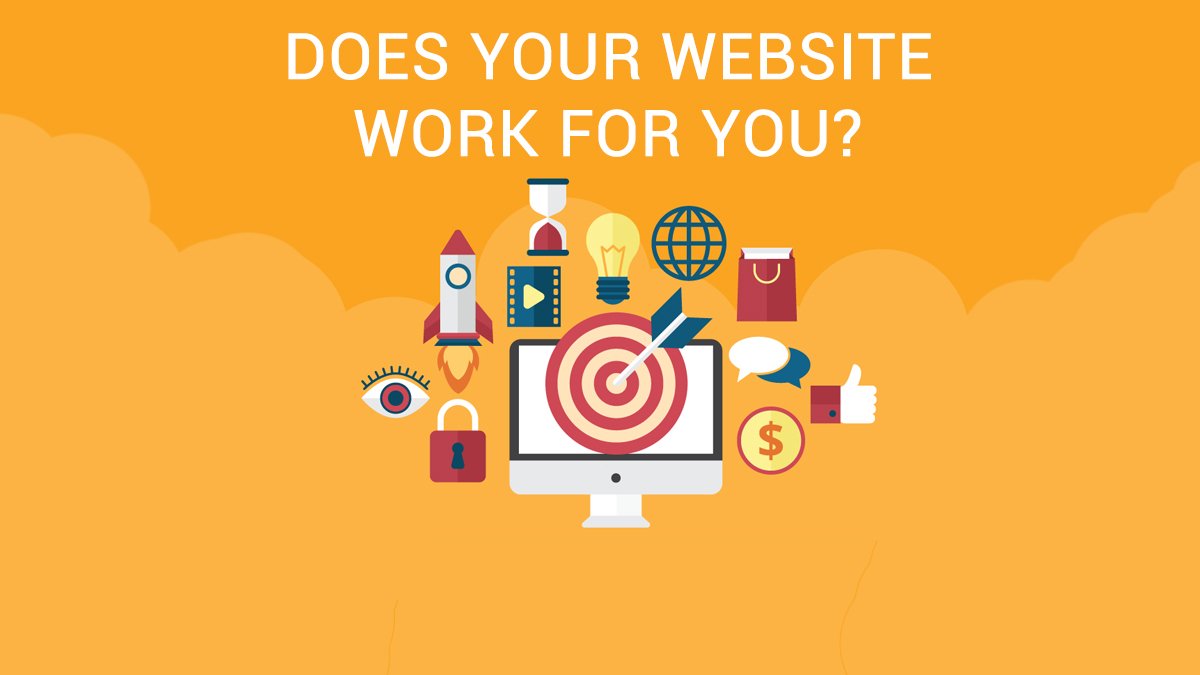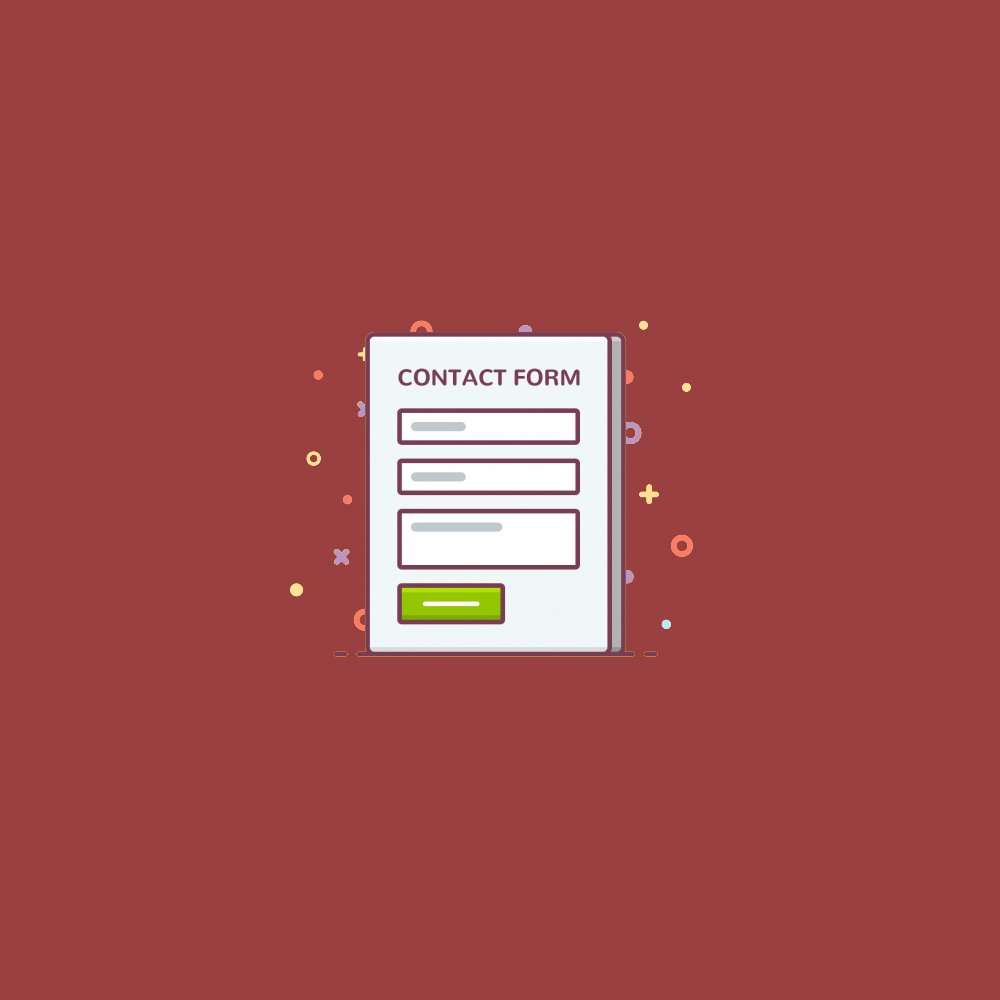
Why did you choose to have a website built? Was it because you needed to find new customers? Was it because you wanted to showcase your services? Was it just because everyone else was doing it, so you thought you’d better had? Whatever the reason, how often do you ask yourself, does my website work for me?
If your website was supposed to sell your products, is it delivering a return? Do you see sales growth? Are your analytics going in the right direction? If your website was supposed showcase your services, is it up to date? Do you generate new enquiries? Are your visitor levels and page loads increasing If your website isn’t giving you a direct business benefit or you are not sure what it is doing for your business, then it’s time to take a review.
Your website is a member of your team not just a piece of literature. Just like a colleague, a website communicates for you, but it never makes a mistake on its own and you can control its message perfectly. Unlike literature it can evolve as regularly as you like, it is living media, capable of ongoing development; your website should have a pulse, whatever it is designed to do.
Up to date, modern, representative websites are worth their weight in gold. Out of date, aging, let-down websites cause irreparable damage. Where time is precious and first impressions count more than ever, a business’s reputation often rests on their website quality. Regardless of purpose, irrespective of sector, a website can achieve so many things. Take the time to review your website, ask yourself whether it achieves what you want it to, and then invest the time to get more out of it, just like you would one of the team.

Customer-Driven Content
Don't be mistaken into thinking that your website is about your company. It is about about your customers. Ultimately, they make the decisions to purchase from you.
When creating your content, it is easy to fall into the trap of talking about your company and how great you and the services you provide are. However; your customers need to arrive at that conclusion on their own in order to be convinced.
Creating buyer personas is a great place to start. Once you have done that, you will already have a clear understanding of who you're marketing your website to. Keep them close at hand and refer back to them at every step of the process to ensure that your website aligns with your customers.

User Experience
Your website is not worth much if your customers have a bad UX (user experience). Users should not have to work to navigate through your website, they should be able to find the information they're looking for straight away.
Every designer must learn eventually that everyone will eventually use the internet in a different way than we do. While we may find it easy to critique every website for their odd design choices and functionality, but there's probably a good reason for it.
While a full-width sliding header may look aesthetically pleasing and highlight the photography better, but if it slows down the website then it needs to be taken out.

Functionality
While this could fall under the umbrella of good UX, it's definitely worth noting the importance of intuitive functionality. Elements on your website should'nt confuse the user; if something looks like a dropdown button, it should be a dropdown button.
It is important that your entire website follows a certain layout to maintain a theme. If your layout is inconsistent, your site will look untidy and disorganized, not reflecting your brands image online.

Contact form
While some users will avoid completing the contact form at all costs, other user's may have questions and don't feel comfortable talking to you over the phone. In addition, business owners might not want to publicise their email adress, so a contact form is best for them.
The added bonus is that they can be inviting. You can style them to be consistent with the rest of your website or write amusing copy. They're also useful for users who would rather not go through the task of opening their emails.
From the perspective of marketing, a contact form can be the most valuable part of your website because they capture information. A new customer might submit the form with a question about a product they're not yet ready to buy. By submitting the form, you now have their name and email (and possibly more information depending on the information you requested). That user is now in your system as a lead, so contact forms are only as useful as you make them, so you should use it to your advantage.

Descriptive Content
If you're selling products online, then you need to create descriptive content.
This can be via your text, images or video content. If you're selling clothes for example, you should allow users to zoom in on your product image and show it from as many angles as possible.
When you neglect to add basic information in to your content, you run the risk of appearing untrustworthy.

SEO
Your website won't work for you if nobody can see it. This is where SEO (Search Engine Optimisation) is important. Users who find you organically have often do so with intent. So making sure that users can find your website means that it can work for you.
Your website is just as important as any other asset for your business. At our digital agency in Leeds, we make sure that not only do you get a great, professional, cost-effective website but that it represents you and your brand. If you want your website to really start working for you, get in touch with Ascensor today.